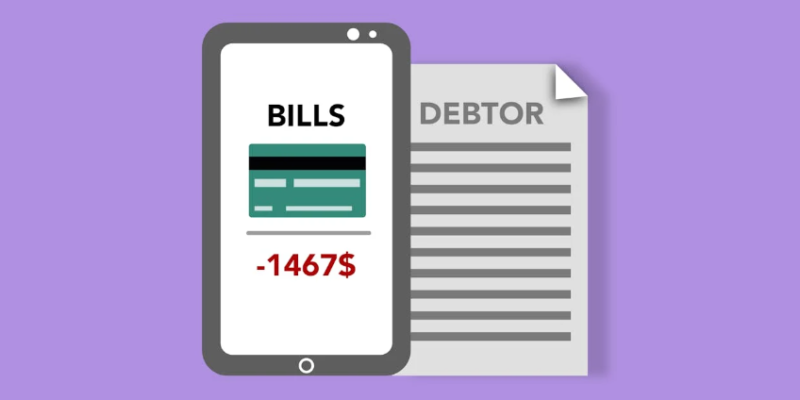Article at a Glance:
- Establish clear and transparent credit terms to set expectations and minimise payment delays.
- Conduct thorough background checks on prospective clients to identify and avoid high-risk clients, reducing the risk of bad debt.
- Explore partnerships with reputable local debt collection agencies in Melbourne, Sydney, or Brisbane for tailored solutions that align with local laws and regulations.
For small businesses, effective debt management stands as a critical component for sustainability and growth. Small enterprises often grapple with bad debts that can obstruct growth and financial stability. In this article, we explore innovative and practical debt management strategies tailored for small businesses.
Prioritise Debt Management
The first step toward effective debt recovery is to prioritise debt management as a strategic approach. Small businesses must adopt a proactive approach by implementing robust credit policies that assess the creditworthiness of their clients. Clear and concise credit terms and agreements can help set expectations and facilitate smoother debt recovery processes.
Businesses can also engage the services of a reputable debt collection agency to make recovery effective. In cities like Melbourne, Sydney, and Brisbane, businesses can find small business debt recovery agencies to help them with commercial debt collection. By partnering with a debt collection agency in Melbourne, for instance, companies can leverage local expertise to navigate the network of debt recovery within the state.
Strategic Negotiation with Debtors
Engaging in open and transparent communication with debtors can aid in effective debt management for small businesses. In times of financial strain, small businesses in Australia should consider negotiating with debtors and possibly restructuring payment terms or exploring alternative arrangements. There is a chance that some debtors will be willing to collaborate with businesses facing temporary setbacks when there is a clear plan for debt settlement.
Strategic negotiation can involve open talks with debtors to adjust payments or find alternatives. Beyond finances, this builds trust and strengthens long-term relationships between businesses and their clients. Clear communication and cooperation are key on this front, assisting businesses in building trust for a resilient financial future.
Embracing Technology for Financial Management
Technology serves as an effective tool for small businesses in effective debt management. Businesses can leverage technology to streamline debt collection processes and enhance financial visibility. Digital tools automate invoicing, payment reminders, and financial tracking, reducing manual errors and improving efficiency.
Some techs also provide innovative solutions, like predictive analytics, helping anticipate cash flow challenges and plan accordingly. Tech can also facilitate on-the-go monitoring of transactions, promoting proactive debt management.
Additionally, online collaboration tools simplify communication with debtors, fostering transparent and efficient negotiations. Overall, integrating technology into small business operations not only optimises debt management but also contributes to increased financial resilience and long-term sustainability.
Professional Financial Advice
Seeking professional financial advice is a wise move for small businesses. By enlisting the services of experts like accountants or financial advisors, businesses make an investment that pays off in strategic financial management. These professionals offer personalised guidance, tailoring advice to the unique needs and challenges of the business.
Their insights are invaluable in crafting effective debt management strategies and ensuring that the business stays in compliance with relevant regulations. Having financial experts on board is like having navigators who help steer the business through financial waters, making informed decisions and avoiding potential pitfalls. It’s a smart move for long-term stability and success.
In conclusion, effective debt management is paramount for the sustainable growth of small businesses in Australia. Through meticulous financial analysis, strategic negotiation, and embracing technological advancements, businesses can navigate the challenges of debt with resilience. By adopting these well-informed and professional strategies, small business can strengthen their finances.
Furthermore, leveraging the expertise of local debt collection agencies in Melbourne, Sydney, and Brisbane can provide invaluable support. These agencies offer valuable support, helping small businesses deal with bad debts and move towards a better financial future. It’s a straightforward way to improve the economic situation and ensure a brighter outlook for small businesses.






